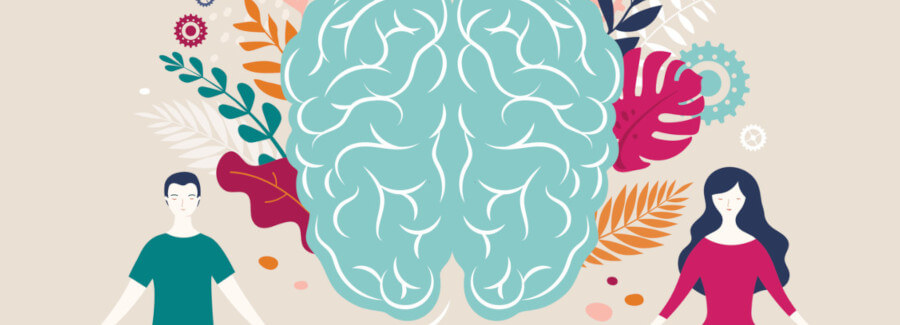The Eight Stages of Human Development
by Dawson Fagan, MSW
Erick Erickson, a renowned psychoanalyst, developed a theory of human development that outlines the eight stages individuals go through from birth to death. The theory is widely recognized and remains a valuable tool for understanding human behavior and the emotional and social challenges faced at different stages of life.
The eight stages of Erickson’s theory are:
- Trust vs. Mistrust (birth to 1 year): In this stage, the infant must develop a sense of trust in their primary caregiver. If the child’s basic needs are met and they feel secure, they will develop trust. If not, they may develop mistrust.
- Autonomy vs. Shame and Doubt (1 to 3 years): In this stage, the child learns to be independent and begins to assert their own will. If encouraged and supported, they will develop a sense of autonomy. If not, they may experience shame and doubt.
- Initiative vs. Guilt (3 to 6 years): In this stage, the child becomes more assertive and takes on new responsibilities. If the child is encouraged to take initiative, they will develop a sense of purpose. If not, they may feel guilty for their actions.
- Industry vs. Inferiority (6 to puberty): In this stage, the child’s focus shifts to initiating projects, seeing them through to completion, aiming to accomplish tasks, and engaging in social activities. If the child feels capable and successful, they will develop a sense of industry. If not, they may feel inferior to others.
- Identity vs. Role Confusion (Teen years): In this stage, adolescent struggles with self-identity and their place in the world. If they can form a strong sense of self, they will experience a sense of identity. If not, they may experience role confusion.
- Intimacy vs. Isolation (young adulthood): In this stage, the young adult seeks to form intimate relationships. If successful, they will develop a sense of intimacy. If not, they may feel isolated.
- Generativity vs. Stagnation (middle adulthood): In this stage, the middle-aged adult seeks to make a contribution to society and leave a legacy. If they are successful, they will experience a sense of generativity. If not, they may experience stagnation.
- Ego Integrity vs. Despair (65 years and up): In this stage, the aging adult reflects on their life and what they have accomplished. If they feel proud of their life and feel that they have lived a meaningful life, they will experience ego integrity. If not, they may experience despair.
Erickson’s stages of development provide insight into the emotional and psychological challenges individuals face at different stages of life. Understanding these stages can help individuals identify and overcome obstacles, promoting healthy development and well-being.











